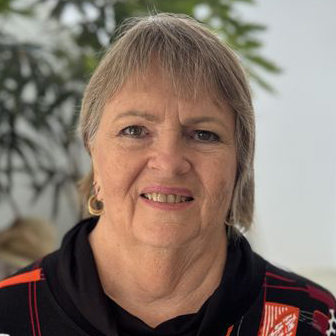This class examines online indexes that are not available through the big subscription sites. Family history societies and volunteer groups have created unique resources only available through their websites. Often free to use or more details are included in a society membership.

Already a member? Log in









You should receive a confirmation email with a link to the webinar soon.
You’ll also receive a reminder both the day before and one hour before the webinar begins.
Didn’t receive a confirmation email?
You successfully registered for %s.
You should receive a confirmation email with a link to the webinar soon.
You’ll also receive a reminder both the day before and one hour before the webinar begins.
Didn’t receive a confirmation email?
To ensure a smooth, high-quality webinar experience, check the quality of your internet connection.
On the day of the webinar, connect 30–40 minutes before and turn off any background software. If you can’t tune in live, you can view the recording later in the Webinar Library. If joining via a mobile device, be sure to first install the free GoTo app.
Questions? Contact us or read our FAQ.
It looks like you’re already registered for this webinar
You can register for another webinar.
Didn’t receive a confirmation email?
It looks like you’re already registered for these webinars
You can register for another webinar.
Didn’t receive a confirmation email?
Something happened on our end, sorry about that
We were unable to complete your registration.
Please try again later.



 Syllabus
Syllabus
Thank you. A fascinating presentation
Margaret Shaw
Brilliant webinar with lots of fantastic information.
Very interesting A knowledgeable presenter who paced the session very well
Again an excellent talk with lots ofdetailed web sttes to visit
Shauna’s Australian knowledge is right up there and almost second to none.
excellent presentation and very helpful
Great resources and well presented
Fabulous Shauna!